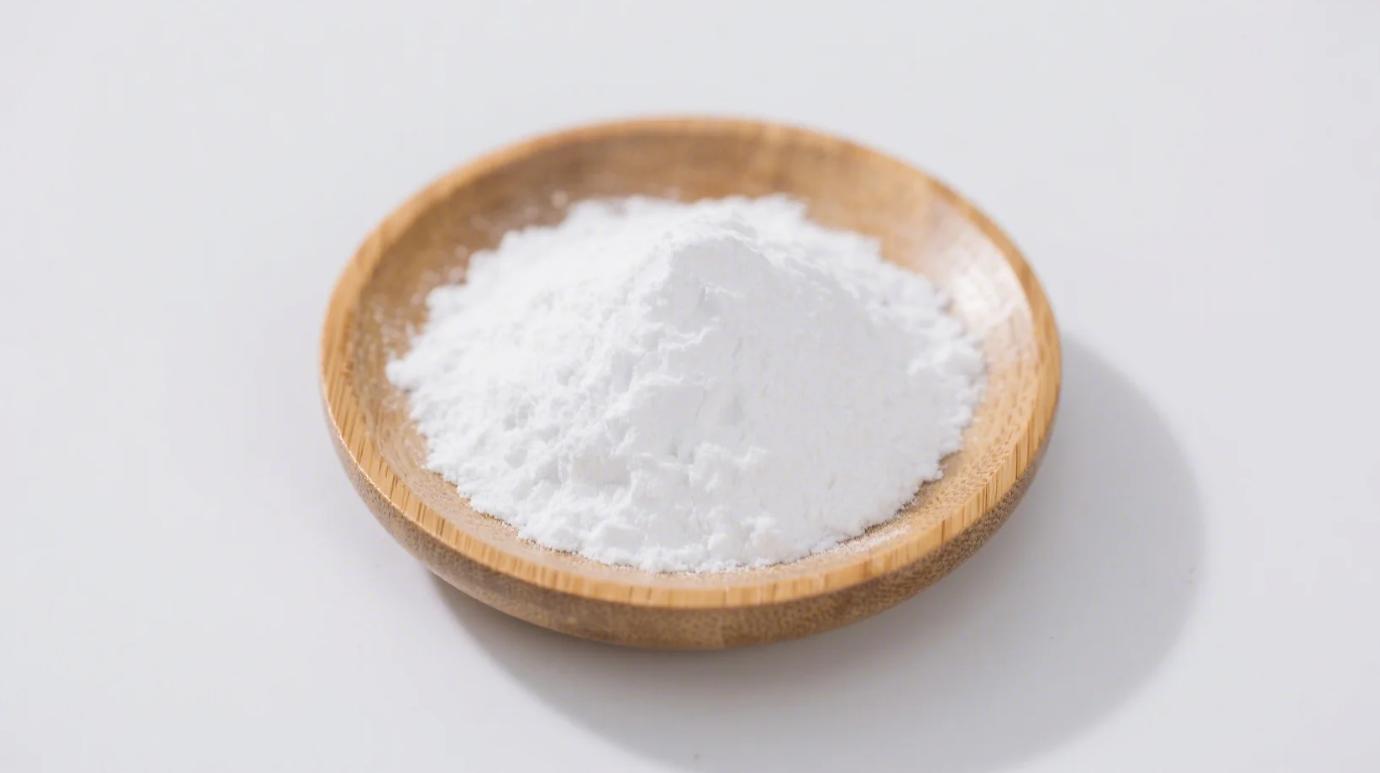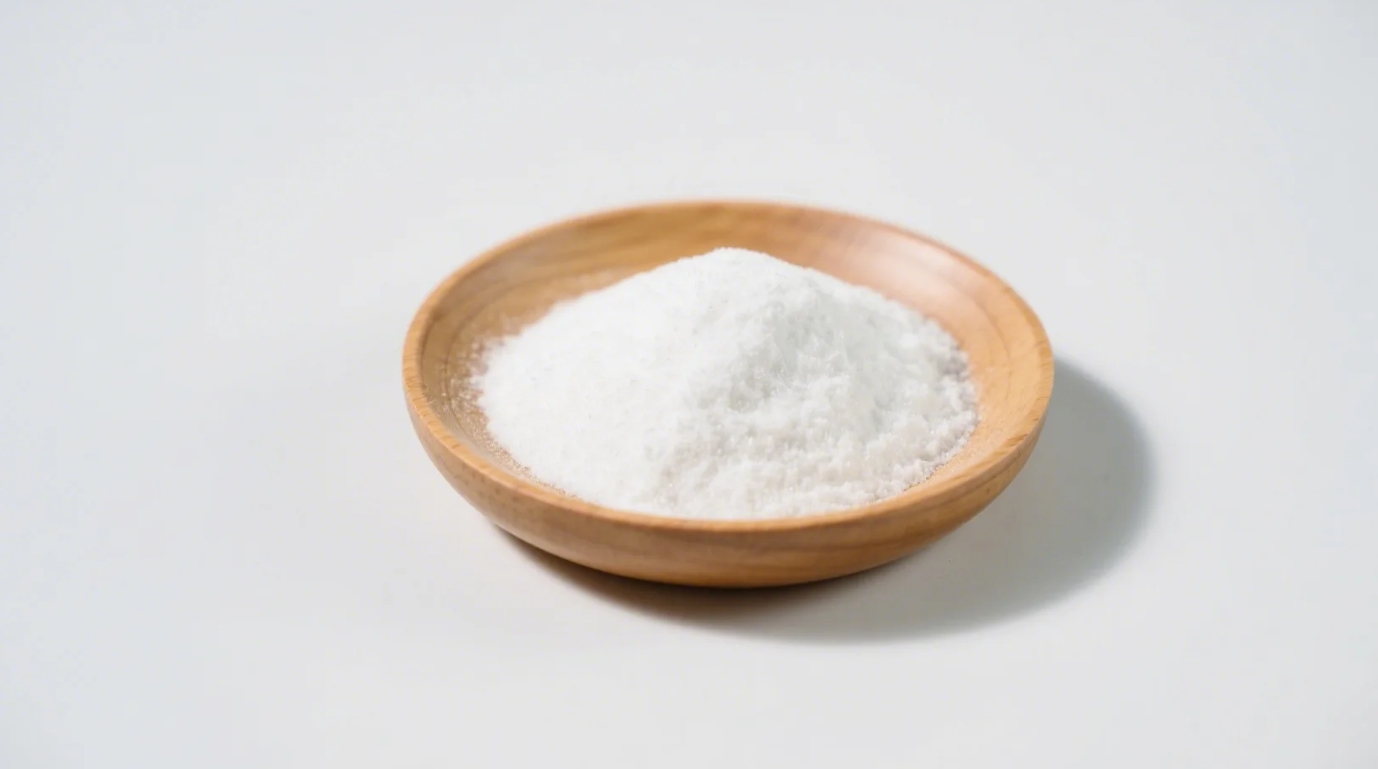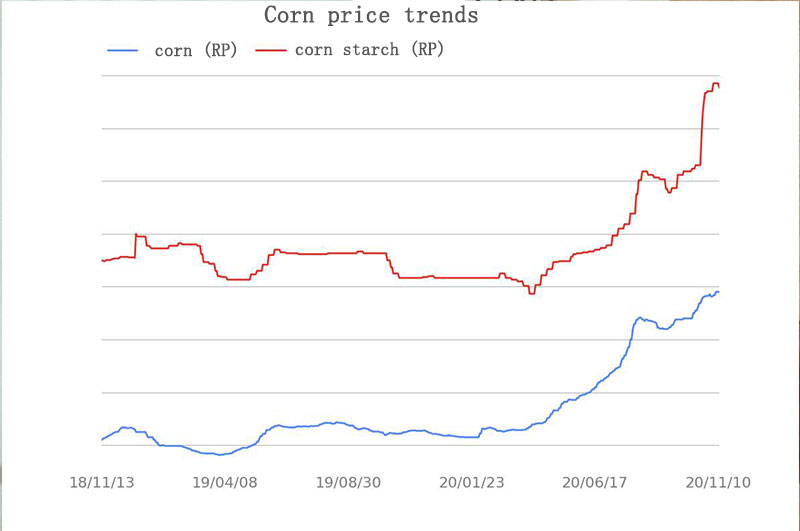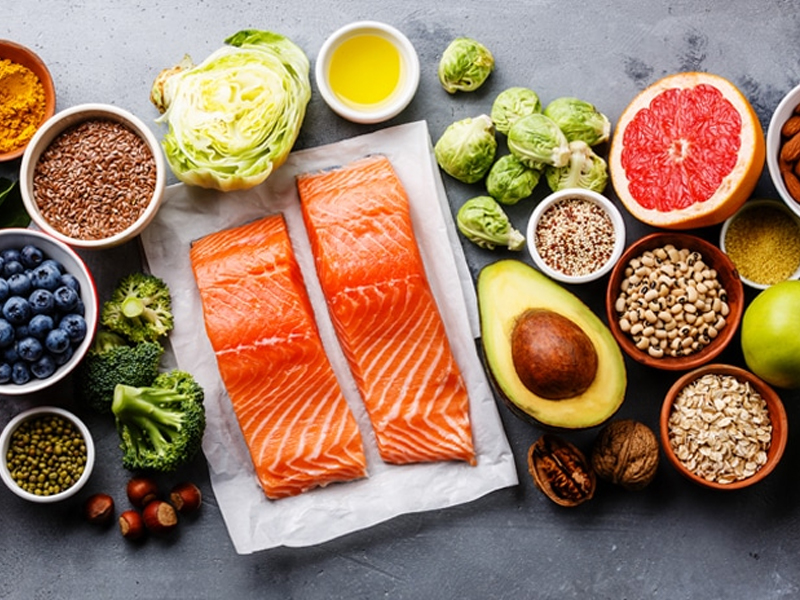The Sweetener Confusion: Chemical Cousins or Polar Opposites?
In the quest for healthier sugars, organic dextrose powder (available as Dextrose Monohydrate and Dextrose Anhydrous) and erythritol are often mentioned in the same breath. But are they interchangeable? Spoiler: No—genetically, metabolically, and functionally, they’re as different as gasoline and electric power. Let’s decode why.
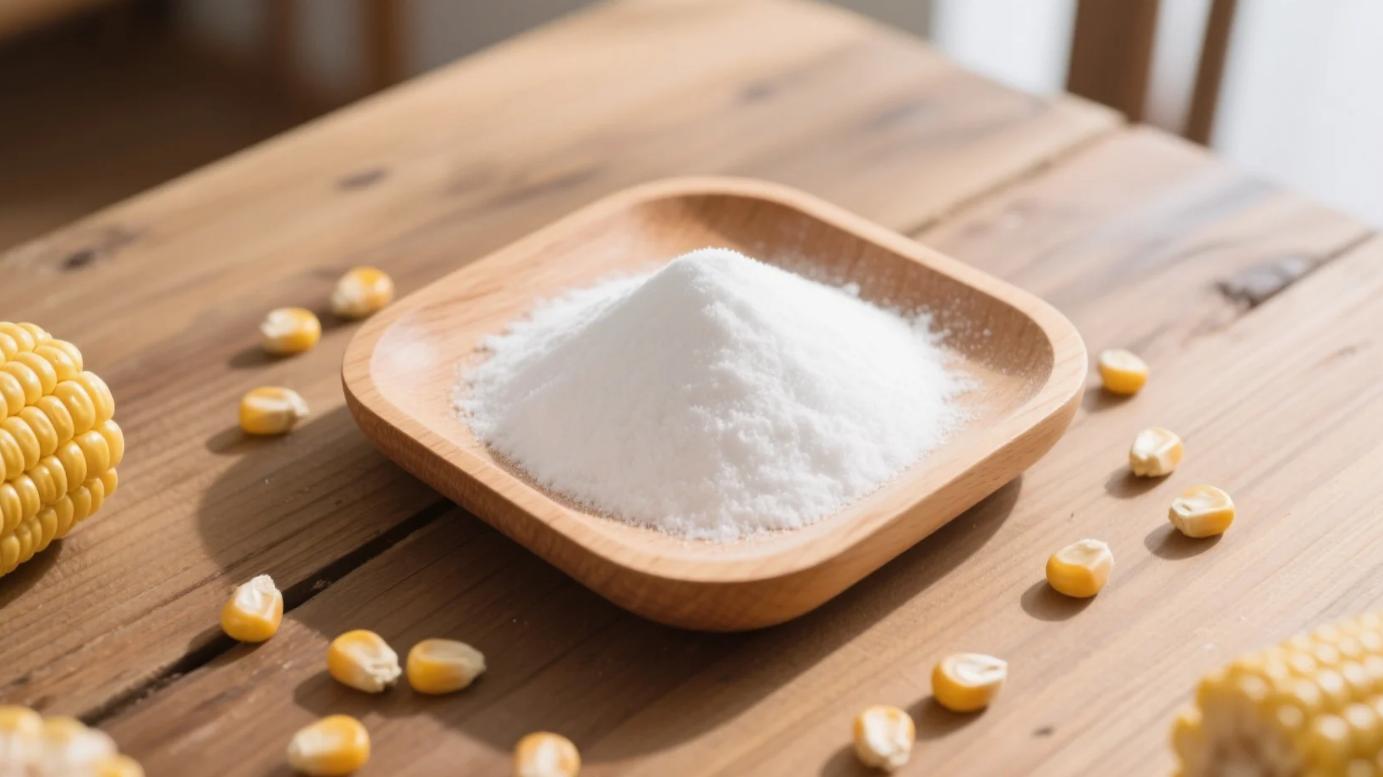
1. Chemical Identity: Built for Different Missions
Dextrose (Glucose)
- Formula: C₆H₁₂O₆ (Monohydrate: +H₂O; Anhydrous: Pure).
- Source: Non-GMO corn or cassava, enzymatically hydrolyzed.
- Role: The body’s primary energy currency, fueling cells directly.
Erythritol
- Formula: C₄H₁₀O₄ (a sugar alcohol).
- Source: Fermented cornstarch or GMO-derived glucose.
- Role: Zero-calorie sweetener that bypasses metabolism.
Key Difference: Dextrose is a nutrient; erythritol is a sweetness mimic.
2. Metabolic Pathways: Energy vs. Exit
| Factor | Organic Dextrose | Erythritol |
|---|---|---|
| Absorption | 100% in small intestine | 90% absorbed, 10% fermented |
| Calories | 4 kcal/g | 0.24 kcal/g |
| Blood Sugar Impact | GI 100 (fast spike) | GI 1 (negligible) |
| Excretion | Fully metabolized for ATP energy | 90% excreted unchanged in urine |
Science Insight: Dextrose is ideal for hypoglycemia rescue; erythritol suits diabetics but offers no energy.
3. Health Impacts: When to Use Which
Dextrose Wins For:
- Rapid Energy: Athletes use dextrose monohydrate (15g) intra-workout for glycogen replenishment.
- Medical Needs: Anhydrous dextrose in IV fluids stabilizes blood sugar in emergencies.
- Baking Structure: Provides browning and chew in gluten-free breads (erythritol crystallizes).
Erythritol Wins For:
- Weight Management: Zero calories, no insulin response.
- Dental Health: Non-cariogenic (doesn’t feed oral bacteria).
- Keto Compliance: Doesn’t disrupt ketosis.
Caution: Erythritol may cause bloating; dextrose isn’t keto-friendly.
4. The Organic Edge: Why Dextrose Purity Matters
Conventional dextrose often carries glyphosate residues from GMO corn, linked to gut inflammation. Organic certification ensures:
- Non-GMO Sourcing: From regenerative farms, free of neurotoxic pesticides.
- Clean Processing: Enzymes replace harsh acids, preserving mineral traces (e.g., zinc in monohydrate).
- Eco-Impact: Cassava-based dextrose uses 50% less water than corn.
5. Side-by-Side: Functional Applications
| Application | Organic Dextrose | Erythritol |
|---|---|---|
| Sports Drinks | ✅ Rapid energy, hydration | ❌ No fuel value |
| Diabetic-Friendly | ❌ (GI 100) | ✅ Zero glycemic impact |
| Fermentation | ✅ Fuels probiotics (kombucha) | ❌ Inhibits microbial growth |
| Low-Calorie Baking | ❌ High calories | ✅ Retains moisture, no carbs |
6. Myth Busting
Myth: “Erythritol is just a safer dextrose.”
Truth: They serve entirely different purposes—dextrose fuels, erythritol sweetens.
Myth: “All sugar alcohols are like erythritol.”
Truth: Erythritol is unique; others (e.g., maltitol) have higher GI and laxative effects.
7. The Future of Sweetener Synergy
- Hybrid Formulations: Dextrose + erythritol in ratio 1:3 balances energy and sweetness.
- Carbon-Neutral Dextrose: Brands like PureCircle use solar-powered hydrolysis.
Choose with Clarity
Organic dextrose powder (Monohydrate and Anhydrous) and erythritol are complementary, not competitors. Whether you’re baking, sprinting, or managing health goals, understanding their roles unlocks smarter choices.
Fuel purposefully. Sweeten wisely.
Related Products
Organic Cornstarch
Premium Gluten-Free Thickener & Stabilizer for Food, Pharma & Industrial Applications
Organic Dextrose Powder
Natural Energy Source for Food, Beverage, Pharma & Sports Nutrition
